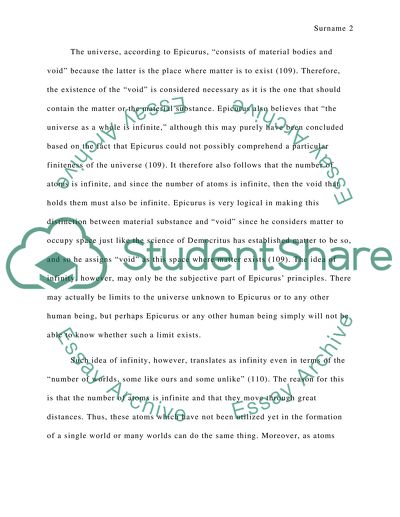Cite this document
(“Materialism and Idealism: Epicurus and Berkeley Essay”, n.d.)
Retrieved from https://studentshare.org/philosophy/1477752-materialism-and-idealism-epicurus-and-berkeley
Retrieved from https://studentshare.org/philosophy/1477752-materialism-and-idealism-epicurus-and-berkeley
(Materialism and Idealism: Epicurus and Berkeley Essay)
https://studentshare.org/philosophy/1477752-materialism-and-idealism-epicurus-and-berkeley.
https://studentshare.org/philosophy/1477752-materialism-and-idealism-epicurus-and-berkeley.
“Materialism and Idealism: Epicurus and Berkeley Essay”, n.d. https://studentshare.org/philosophy/1477752-materialism-and-idealism-epicurus-and-berkeley.


